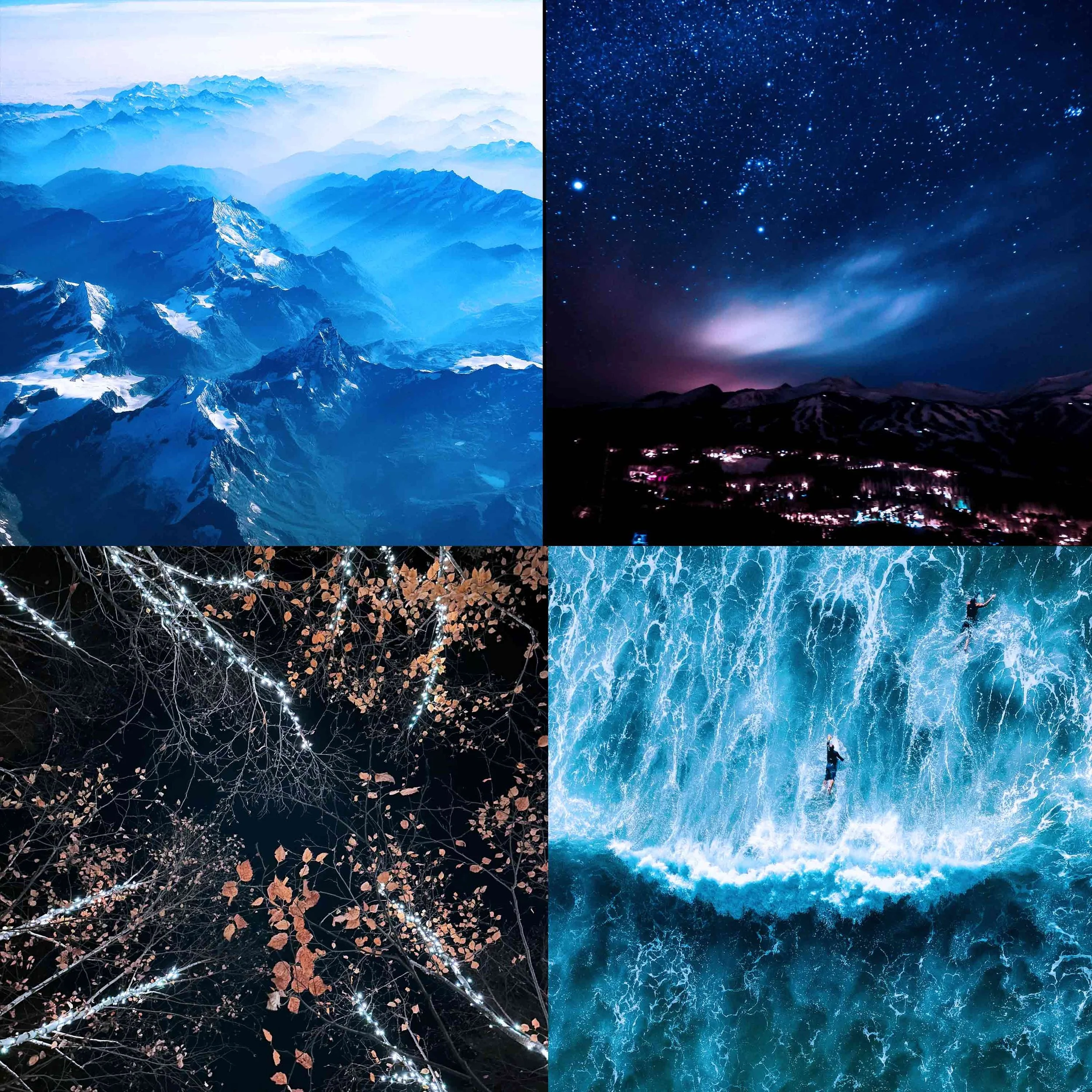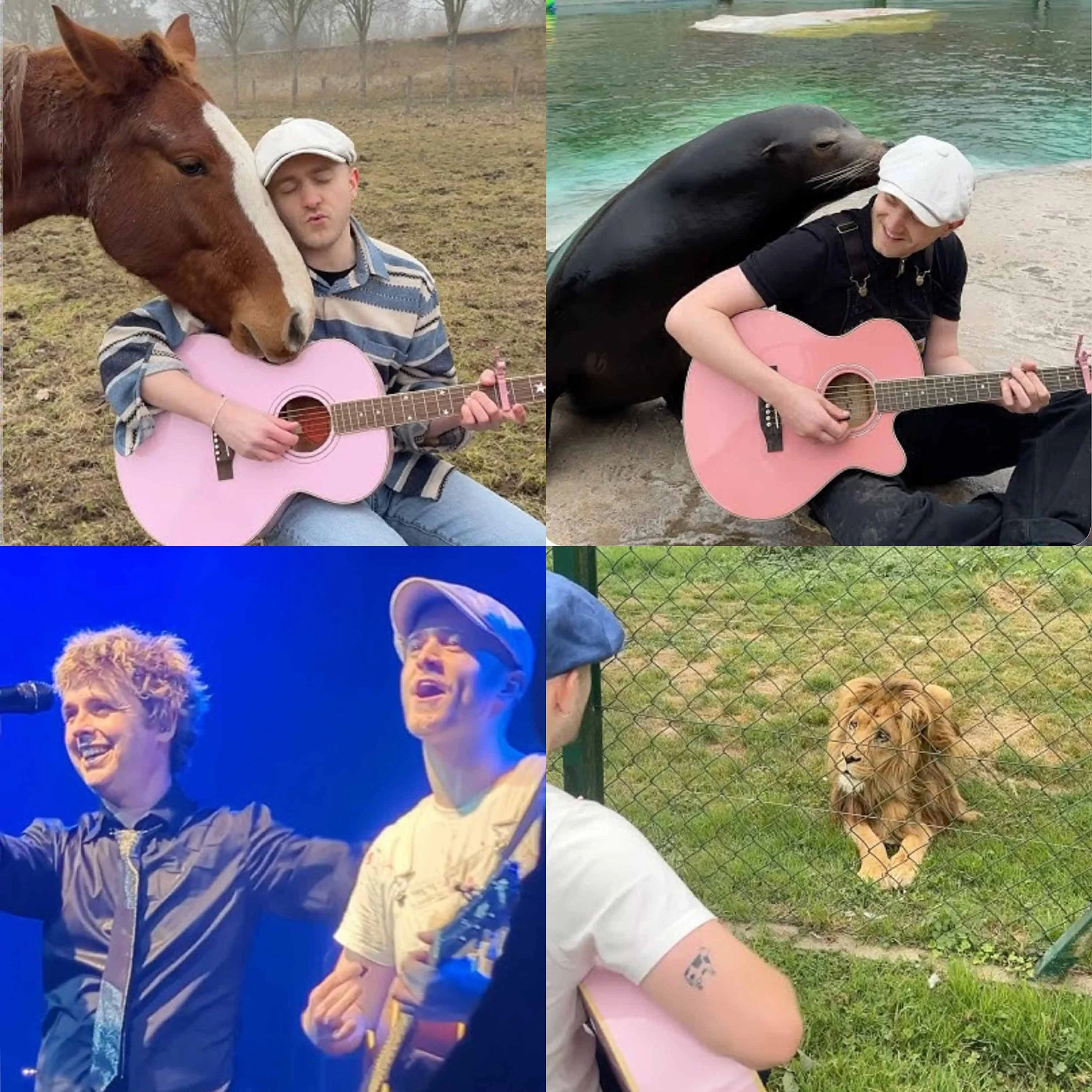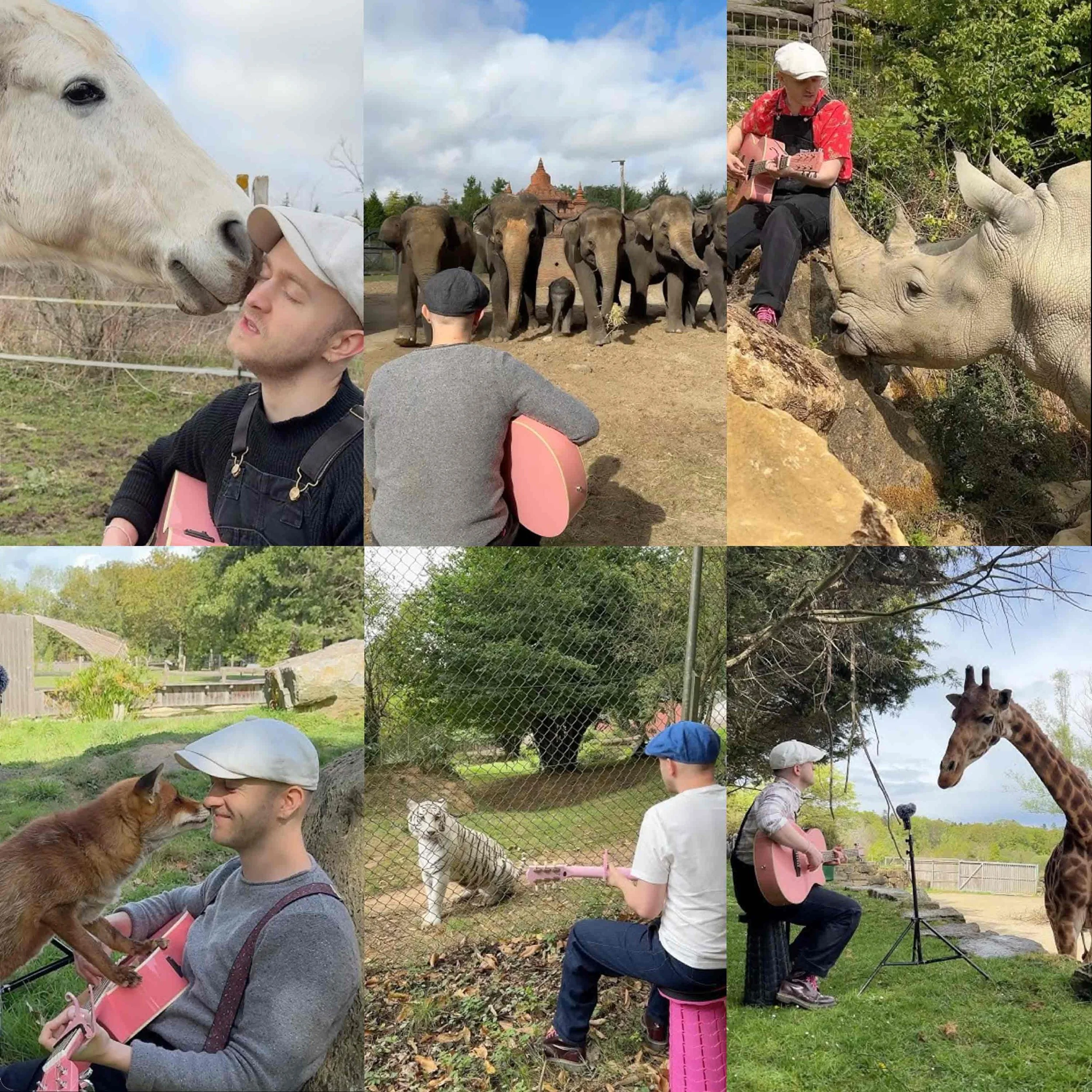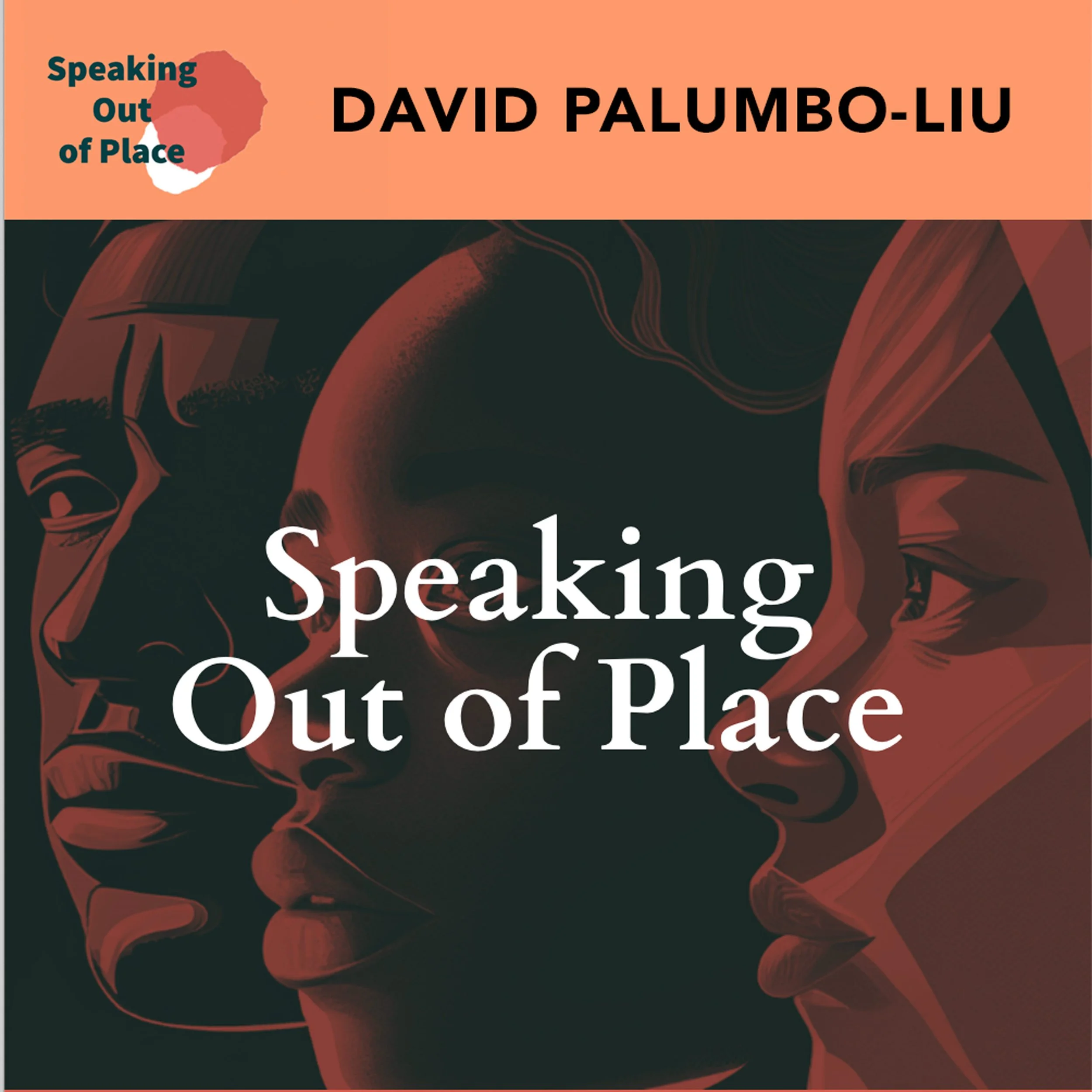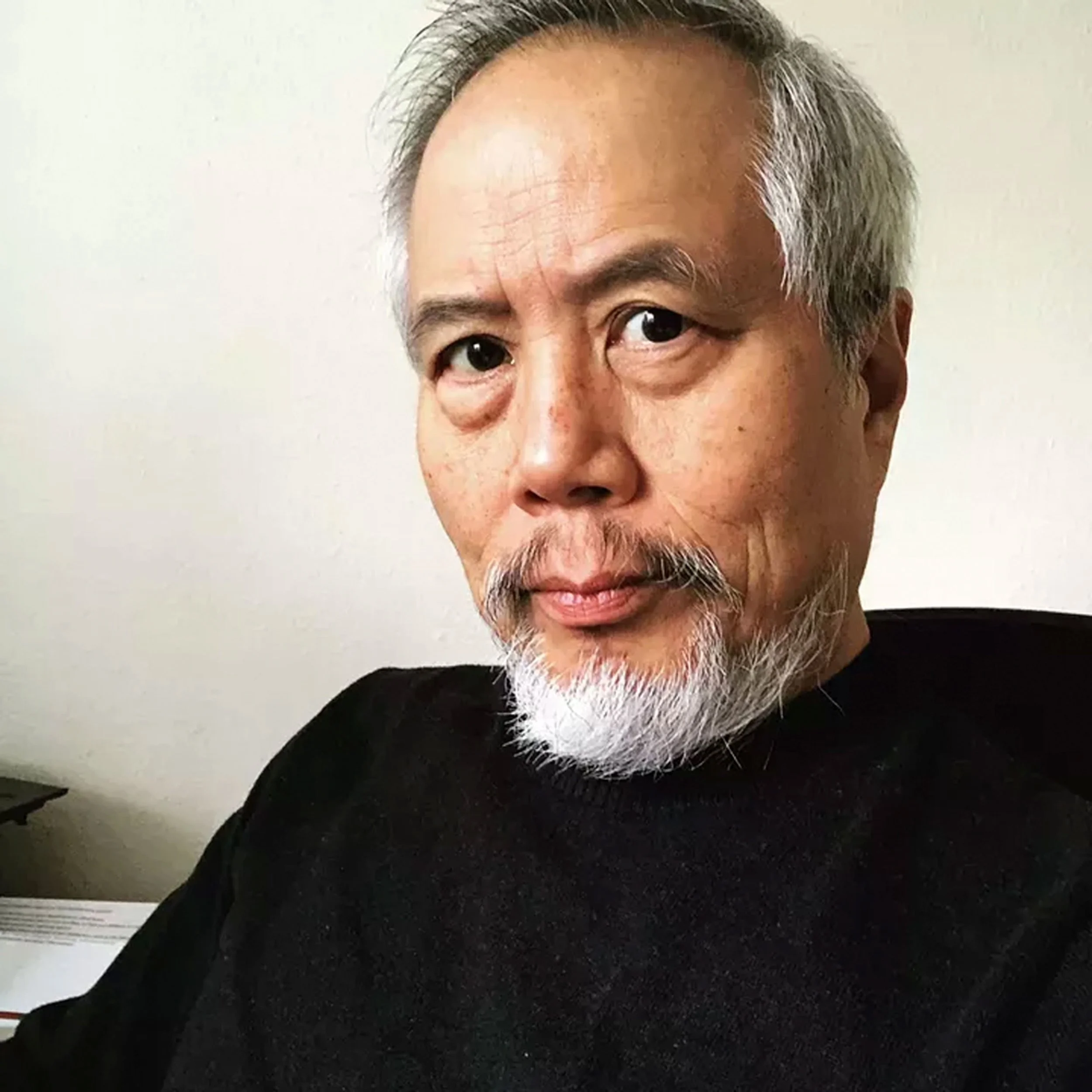The Wisdom of Nature: Artists & Scientists on The Beauty & Fragility of Our Planet
/Artists & Scientists on The Beauty & Fragility of Our Planet
The Earth is talking. Are we listening? In this special edition, we hear from our guests from across the arts and sciences. From composers and poets to forest ecologists and climate envoys, they tell the story of our planet. Moving beyond the data of destruction, we explore the intelligence of nature, the ethics of what we eat, and the empathy required to save our future.
